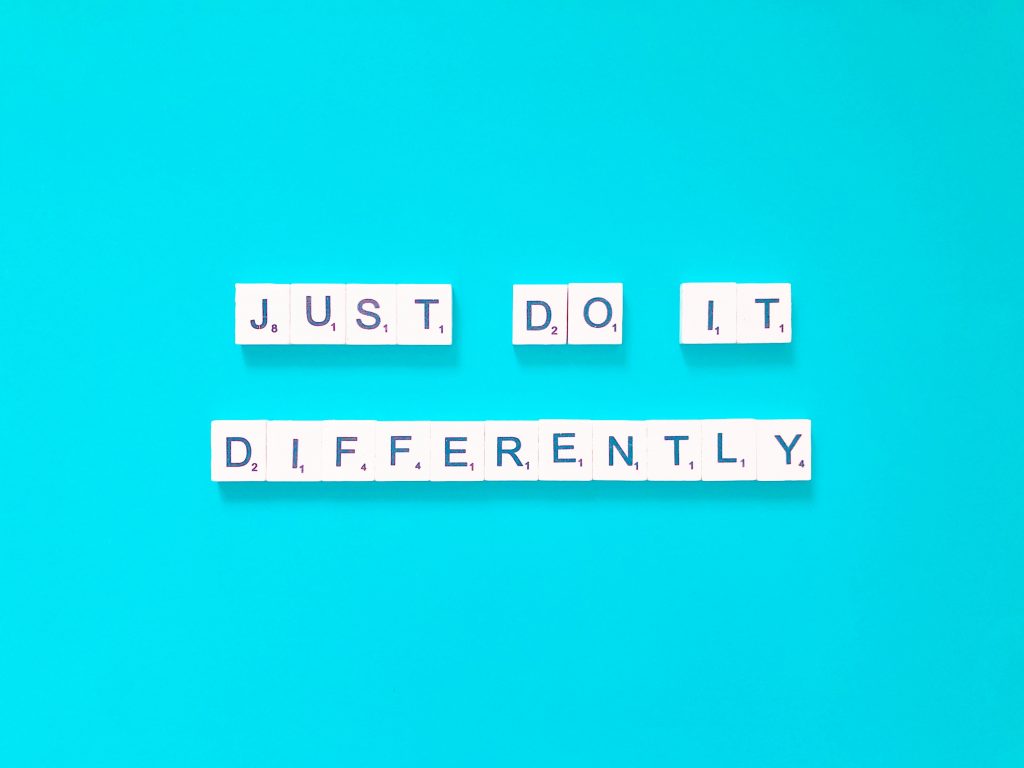Ah, the joys of comfort: a comfortable bed, couch, work schedule, hobbies, life, and on and on the list goes. Is it possible to ever have too much comfort? If things remain in a constant state of comfort, could that potentially be preventing areas of growth? Perhaps.
That’s why it is probably time to get comfortable with being uncomfortable. Is this a joke?
No, it’s not.
People who are intentional about developing their cultural competence also improve their ability to have dialectical thinking—referring to the ability to hold two opposing thoughts in their mind at the same time, an action that can cause cognitive dissonance.
It helps us to be comfortable with being uncomfortable.
Dialectical thinkers can view issues, sometimes opposing issues from multiple perspectives, and arrive at the most economical and reasonable reconciliation of these issues. Research shows this is a skill that seems to be improved through travel and immersion into other ethnic and national cultures.
The great poet John Keats saw Shakespeare take this ability even further when he compared him to other writers of his time. Shakespeare possessed something Keats called Negative Capability —when a person is capable of being in uncertainties, mysteries, doubts, without any irritable reaching after fact or reason…
Shakespeare exhibited the number one trait of highly creative thinkers: openness to experience and all its multiplicity and complexity, its conflicts and contradictions. What Shakespeare was to literature is how we need to be with our work and as well as in our personal lives.
How can we shift our thinking to broaden our perspective(s) on others, things, and incidents? When dealing with interpersonal communication, misunderstandings can inhibit creative progress and cultural connections. Since the goal is to reach an adaptation mindset and become a cultural bridge for creativity, understanding that perspective-taking is two-sided is .
How can we tap into these skills to get our perspective-shifting sparkly and bright? Start by checking out people and not just books. I love a good book like the next person, but the Human Library allows us to check out people with different lived experiences and ask them questions. What a cool idea! Hearing the perspectives of others will increase your ability to perspective-shift.
How about engaging in mental time travel? Try increasing your social interactions and mentally putting yourself in the position of others. Don’t just do it in the moment but after the interaction, review and continue the story in your imagination. This helps the perspective-taking ability.
How else can you increase your perspective-pursuits and dialectical thinking in your life, whether online or in person? Look for conferences, trainings, or workshops in an area that has nothing to do with your main area of focus. Partner with someone who is in a different department and see where the connections are between what they do and what you do.
Seek out people who hold opposite beliefs, switch positions on the matter and have a respectful debate from the other side. By doing this, you’ll add multiple ways of thinking to your established expertise and lower your walls of division to let ideas flow.





